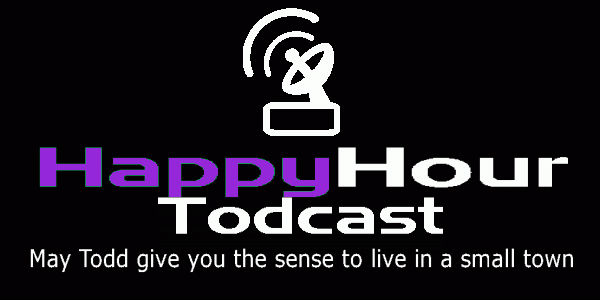
 In the movie “The Princess Bride,” master criminal Vizini’s repeated response to the overwhelming evidence he may be facing a superior foe is to shout “Inconceivable!” Eventually one of his henchmen responds to “Inconceivable” with what is one of my favorite lines to quote from any movie ever:
In the movie “The Princess Bride,” master criminal Vizini’s repeated response to the overwhelming evidence he may be facing a superior foe is to shout “Inconceivable!” Eventually one of his henchmen responds to “Inconceivable” with what is one of my favorite lines to quote from any movie ever:
“You keep saying that word. I don’t think it means what you think it means.”
From there, it becomes clear that Vizini is just clever enough to lead people who aren’t too bright, rather than the genius political mover and shaker he would have us take him for.
This week, if I thought they would have gotten the reference, I would have said that to the people arguing over whether or not they could have a “seat at the table” in regard to the planned regional hospital.
The idea that language is fluid is different from the idea that language is ambiguous. Words can be used to mean different things, inflection and context can alter what a reader or listener gets from the word, but only because words are reliable, not because they aren’t. Words have specific meanings in their context.
For example, the idiom, “seat at the table” means to be able to negotiate as a equal among peers when it comes to a particular topic or subject. The people in question are seeking a seat at the table at hearings about the hospital’s necessity in the same way a bank robber seeks a seat at the table when discussing a potential withdrawal with the teller.
And with the same aim.
The teller can surrender the cash or face death. There is no third way, which is not to say the teller oughtn’t be robbed or shot, only that to call it a seat at the table undermines either the intelligence or the authenticity of the bank robber.
This is what’s difficult, not only in the current hospital argument, but also in public life more generally.
At the bottom of everything, a statement is either true, based on a mistake, or a lie. Lying is not as horrifying a thing as people tend to make it out to be, especially for public servants. It’s a pretty important part of both social and political discourse. Finessing the facts to help someone better see things from your point of view is understandable, even if it isn’t laudable. A public servant is essentially paid to do what’s best for their constituency, whether they like it or not. Political chicanery is the spoonful of sugar that makes the public policy medicine go down.
A mistake, however, is a little more difficult to defend if it is continued in the face of evidence that it in no way represents the facts. There are few things so frustrating as a person who, faced with the facts of the matter, elects to pretend the facts don’t exist and to carry on as if nothing has changed. Defending a position in this way demonstrates intellectual laziness at best and mental deficiency at worst.
Applied to the political sphere, material misunderstanding of processes or facts are truly terrifying. If a person tells their constituents something that isn’t 100 percent true, or relies on the subtleties of language to misstate an opponent’s position, that is part of their job and, while maybe not completely understandable, it is certainly forgivable. If a person doesn’t know and also doesn’t care about the facts, they are being derelict.
And in the end, it is all about attitude.
Caught during the holdup, the robber could claim the gun wasn’t really loaded, or that it was an April Fools joke and he would begin to establish a defense of his actions that is compatible with the facts of the matter. But for him to say he honestly thought he was negotiating in good faith with the teller about how much money was due him calls his intellect rather than his honesty into question.
Even in its idiomatic form, “inconceivable” (which means something that literally can’t be thought of) could be taken to mean something that can’t happen. Vizini essentially uses it as a whine; a way of claiming that being outdone by someone smarter and better prepared isn’t fair. As the fight over the hospital continues, it might be best to use the following analogy:
Inconceivable is to unfair as obstructionism is to seat-at-the-table.
Subscribe to the Happy Hour Todcast
